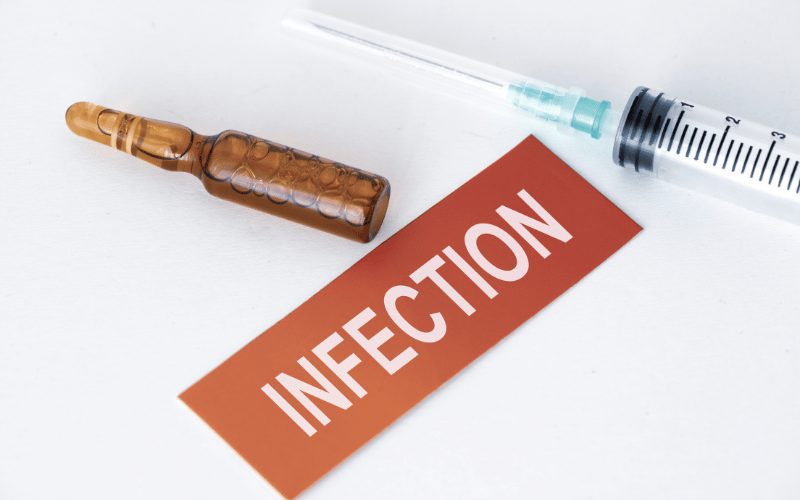7. Infection Control and HE Prognosis

Infections can precipitate or worsen episodes of hepatic encephalopathy, making infection control a critical component of prognosis management. Patients with liver disease are more susceptible to infections due to compromised immunity, and an infection can serve as a catalyst for an HE episode by increasing the production of ammonia and other neurotoxins.
The gut microbiome, which can be altered in liver disease, is a significant source of systemic inflammation and can be a starting point for infections. Maintaining a healthy microbiome through the use of probiotics or antibiotics like rifaximin can reduce the production of gut-derived toxins.
Vigilant monitoring for signs of infection is vital, as early treatment of infections can prevent the triggering of HE episodes. Common infections that may affect HE patients include spontaneous bacterial peritonitis (SBP), urinary tract infections, and pneumonia.
Preventive strategies, such as vaccination against common pathogens like pneumococcal pneumonia and influenza, can reduce the risk of infections that might complicate HE management. Regular assessments for signs of infections are an integral part of the care plan for patients at risk of HE.
Moreover, systemic inflammatory response syndrome (SIRS), which can be triggered by infection, has been associated with poor outcomes in HE. Therefore, controlling systemic inflammation through means such as medications, diet, and lifestyle changes can also impact HE prognosis positively. (7)